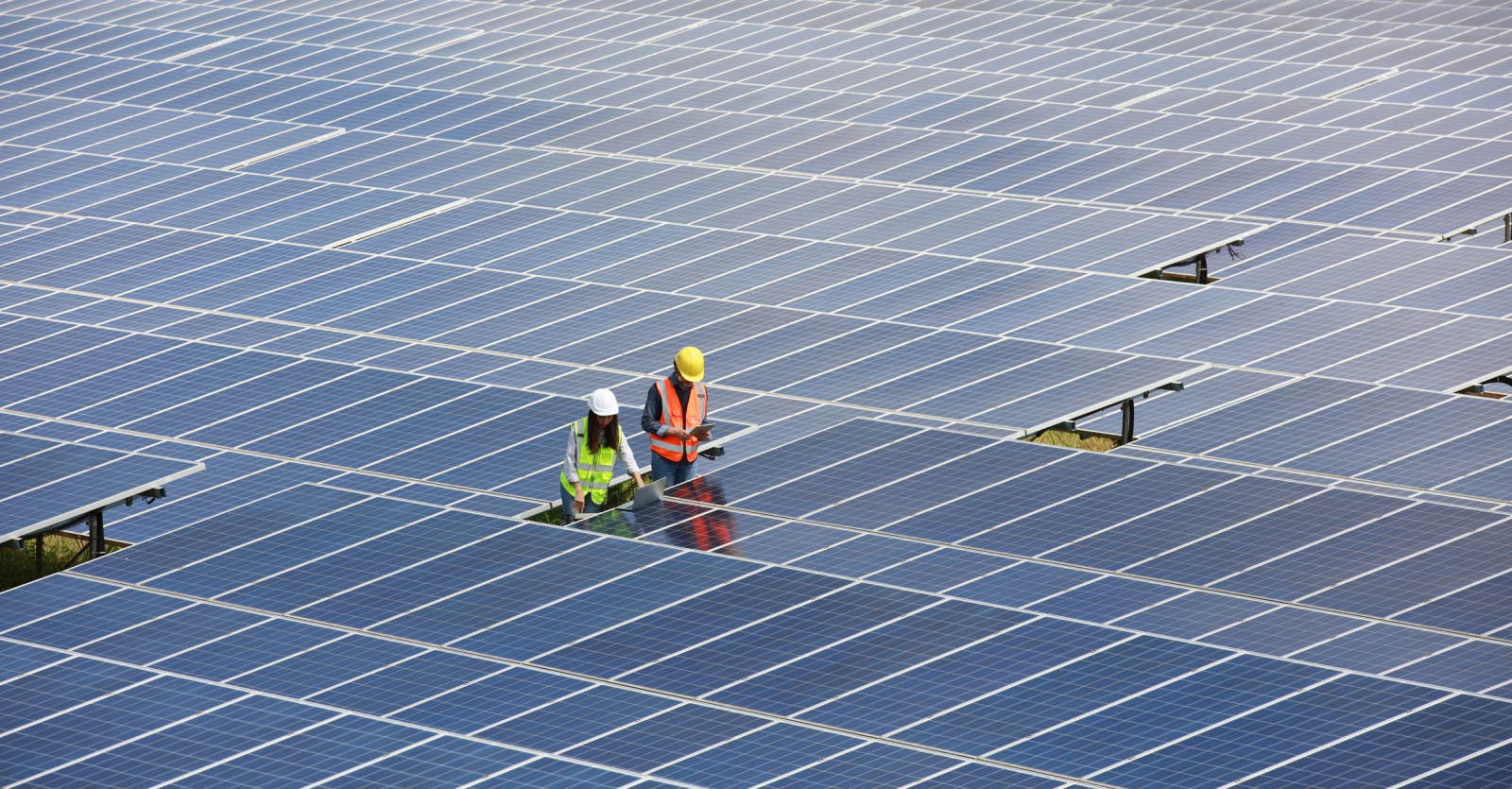.jpg)
Thailand has abundant renewables, but a closed power market. (Photo: EGAT)
The slow rollout of regulations for the Direct Power Purchase Agreement (DPPA) has frustrated businesses and alarmed policy researchers, who fear that insufficient renewable energy deployment, combined with political uncertainty, could cost the country as much as THB 1 trillion (about USD 30.9 billion) in lost foreign investment.
Think tank flags risks from sluggish policy progress
According to Areeporn Asawinpongphan, an energy policy researcher at the Thailand Development Research Institute (TDRI), the Eastern Economic Corridor hosts many industries and is considered a hub for high-tech manufacturing. However, it lacks adequate renewable energy supply.
“Slow progress in new clean energy management can deprive Thailand of the ability to attract foreign investment and maintain the country's economic development,” she warned.
Many foreign companies, such as data center operators and cloud service providers, are calling for the government to open the renewable power market, enabling direct purchases from clean energy producers. Such access would help them meet export-market decarbonization requirements, including those set by the EU. While the National Energy Policy Council approved a DPPA pilot in June 2024, progress has been sluggish.
Areeporn added that inadequate preparation for the energy transition could also affect workers in high-carbon industries. She urged the government to create green jobs to help those workers move into new employment.

TDRI's researcher said that inadequate preparation for the energy transition could also affect workers in high-carbon industries. (Image: iStock)
Green power faces two key transition challenges
While DPPA regulations are still under development, the Thai government has launched the Utility Green Tariff (UGT1), allowing companies to procure clean electricity via state utilities such as the Electricity Generating Authority of Thailand (EGAT). More than 40 companies, including Nestlé Indochina and Google, have expressed interest or are already sourcing power through this mechanism.
A separate TDRI study noted that while government incentives have encouraged corporate participation in the electricity market, deeper reforms are needed to attract more companies seeking renewable solutions. Accelerating the transition will require tackling two major challenges:
-
Fragmented energy policies across sectors: TDRI recommends a central coordination mechanism to align five major plans, the Power Development Plan (PDP), Alternative Energy Development Plan (AEDP), Energy Efficiency Plan (EEP), Oil Plan, and Natural Gas Management Plan, under shared long-term goals.
-
Lack of transparency in policymaking: The institute stresses that all stakeholders should participate in shaping clean energy policy, with businesses and the public providing real impact assessments and systemic solutions. Open processes would help ensure a stable and forward-moving transition path.
Source: Bangkok Post, PR Newswire, TDRI
.jpg)



